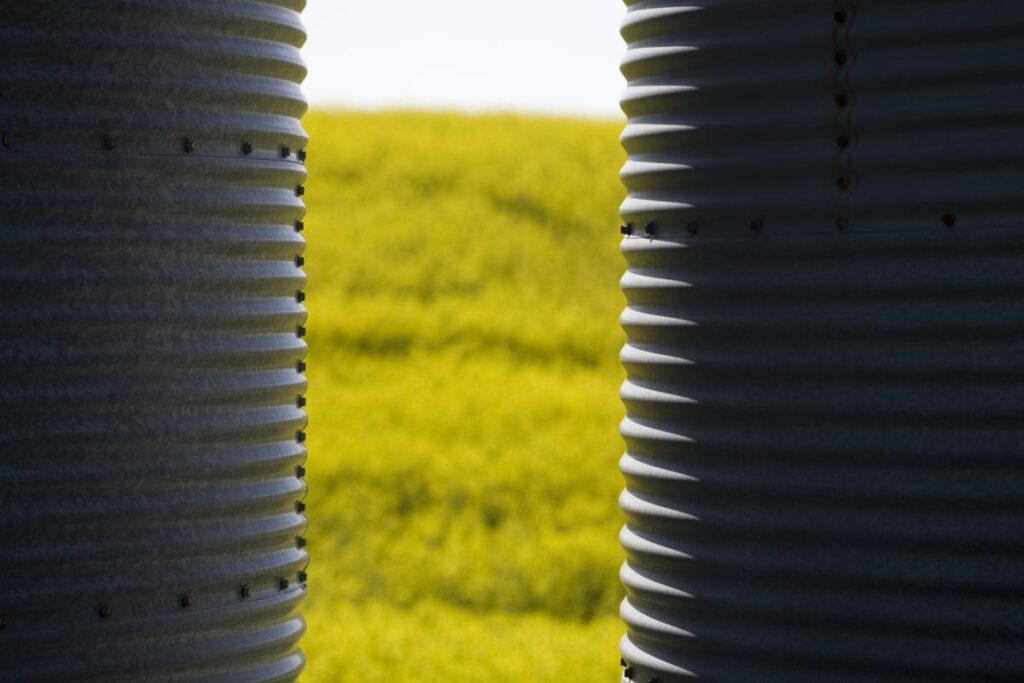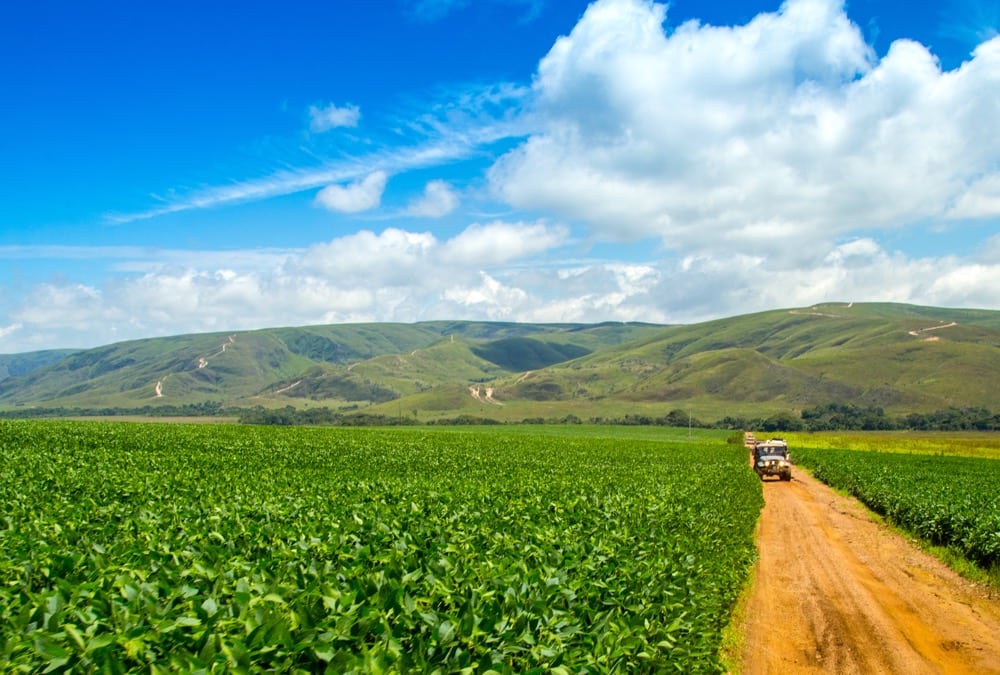China set for canola meal shortage after 100 per cent duty on top supplier Canada

Beijing | Reuters — China is likely to face a supply shortage of canola (rapeseed) meal by the third quarter of this year as Beijing’s tariffs on shipments from top exporter Canada disrupt trade and as alternative sources are unlikely to make up the deficit.
Canola meal futures traded on the Zhengzhou Commodity Exchange have jumped more than eight per cent since Beijing announced on Saturday a 100 per cent retaliatory tariff on imports of canola meal and oil from Canada effective March 20.
Read Also

Trump trade war favors Brazil’s agribusiness, grain company SLC says
The trade war initiated by U.S. President Donald Trump, which led countries including China to retaliate against tariffs implemented by his administration, is favorable to Brazil, the CEO of agribusiness firm SLC Agricola said on Thursday.
Why it matters: Canadian farmers have seen canola prices plummet after China slapped tariffs on canola oil and meal
“The introduction of this tax increase policy instantly broke the original trade balance,” consultancy Mysteel wrote in a note.
Chinese tariffs on canola meal and oil came as a surprise to the industry which had been expecting higher duties instead on the oilseed since Beijing started an anti-dumping investigation in September into shipments from Canada.
“Everybody was expecting authorities to announce duties on rapeseed but we were all taken by surprise when this announcement came on oil and meal,” said one trader in Singapore. “It is going to hit feed processors hard as they were looking at importing larger volumes of Canadian meal instead of the oilseed.”
Canola (rapeseed) is an oilseed crop which is processed into oil for cooking and a variety of other products, including renewable fuels, while the remaining canola meal is used as high-protein animal feed and fertilizer.
China relies on top grower Canada for more than 70 per cent of its canola meal imports and nearly all of the oilseed imports.
For now, China has ample supply of canola, meal and oil after hefty imports in the fourth quarter last year, buffering against an immediate supply shock.
But traders and analysts warned of an impending shortage by the third quarter of this year when the stockpile depletes.
Limited canola meal available
Chinese customs allows canola meal imports from 11 countries, including Russia, Kazakhstan, Pakistan, Japan, Ethiopia, Australia, India and Belarus, providing options for alternative supplies.
But availability of the product is limited in the international market.
In 2024, China imported 2.02 million metric tons of the meal from Canada, followed by 504,000 tons from the United Arab Emirates and 135,000 tons from Russia, according to customs data.
Some of China’s demand could shift to Russia, Ukraine or India, but these countries are unlikely to be able to fully satisfy Chinese appetite, traders and analysts said.
“No country really has the scale Canada has,” Ole Houe, director of advisory services at IKON Commodities in Sydney, said.
Australia, the world’s second-biggest rapeseed exporter, does not have much surplus or the crushing capacity to significantly raise its rapeseed meal exports, Houe said.
India is the world’s second-largest canola meal exporter and ships around 2 million tons of meal annually, although higher prices capped 2024 shipments to China at only 13,100 tons.
In order to make up for the supply gap, the market may rely more on domestic canola meal or turn to soybean meal, Rosa Wang, analyst at Shanghai-based agro-consultancy JCI, said.
The majority of animal feed producers in China rely on soymeal as a key protein source. However, some industries, particularly aquaculture, prefer canola meal.
China in its policy documents said that it will increase the planting of canola this year.
— Additional reporting by Naveen Thukral and Rajendra Jadhav
Source: Farmtario.com

